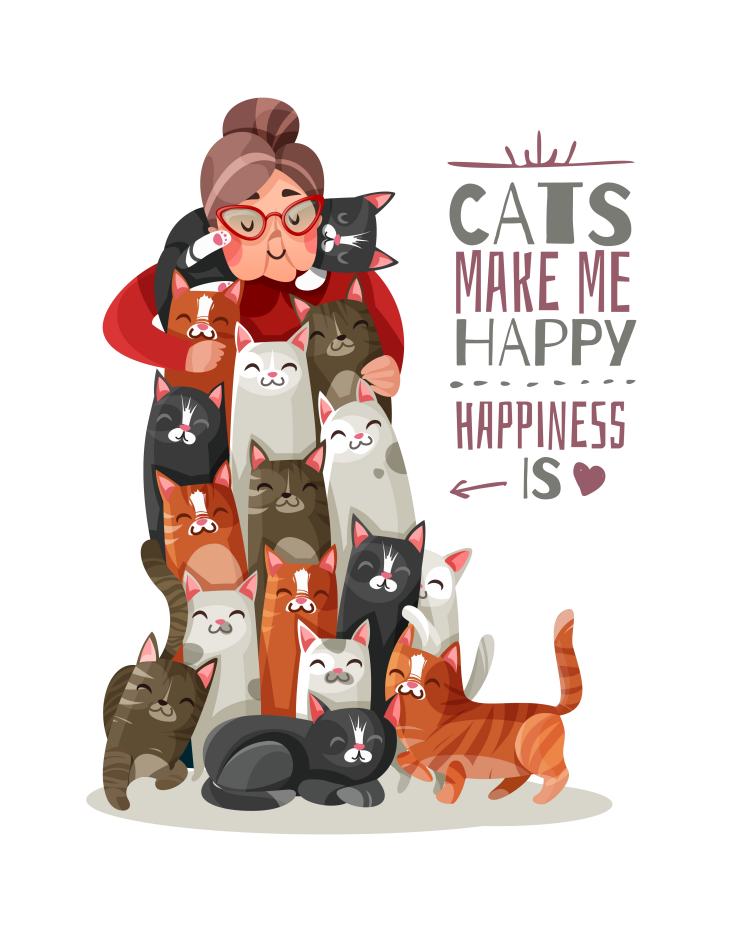The Art and Science of Caring for Elderly Cats: Keeping Your Aging Feline Vibrant and Contented
Cats, with their captivating playful spirits and curiosity, have charmed humans worldwide. Yet, as they journey into their golden years, their health and well-being necessitate extra attention. Grasping the nuances of feline aging is crucial for owners to ensure their cats savor a joyful and contented senior life. Here's a deep dive into the world of senior felines and how best to cherish them in their twilight years.

Deciphering Feline Aging
While cats enter their senior phase around seven years old, this period brings heightened risks of ailments like arthritis, dental issues, and kidney complications. Hence, periodic vet visits are pivotal, ensuring early detection of potential concerns and guaranteeing elderly cats receive the care they deserve.

Prioritizing Nutritional Needs
A cornerstone of sustaining an aging cat's vitality is offering a nutritious and balanced diet. Their dietary needs lean towards high-protein content, necessitating specialized senior cat food choices. Besides averting health issues like obesity – a precursor to diabetes, heart ailments, and arthritis – a well-rounded diet ensures lustrous fur and skin health.

Emphasizing Regular Veterinary Check-ups
Routine vet appointments are instrumental in tracking the well-being of aging cats. Such visits can unearth signs of prevalent issues like kidney disease. Given its severe nature, impeding the kidneys from purifying the bloodstream, timely detection through routine blood tests becomes vital for effective disease management.

Keeping the Mind and Body Agile
Elderly cats have an enhanced need for cognitive and physical engagement. Introducing interactive toys and puzzles not only wards off monotony but sharpens their mental faculties. Similarly, consistent physical activities can counter muscle degeneration, even if it's just playful bouts with toys or gentle climbing exercises.

Being Attuned to Behavioral Shifts
Staying vigilant about any behavioral or routine alterations in senior cats is paramount. Variances in eating, resting, or waste elimination can hint at latent health problems. As mobility can decline, ensure their necessities – food, water, litter – are easily accessible. Consider adding ramps or modifying litter boxes with lower sides for convenience.
Ultimately, as feline guardians, our duty is to shower unwavering care, particularly during their elderly years. By embracing the intricacies of feline aging and adhering to the aforementioned guidelines, we can assure they live enriched lives, continuing as our cherished companions in the years ahead.




Leave a comment
All comments are moderated before being published.
This site is protected by hCaptcha and the hCaptcha Privacy Policy and Terms of Service apply.